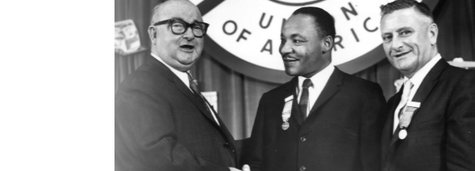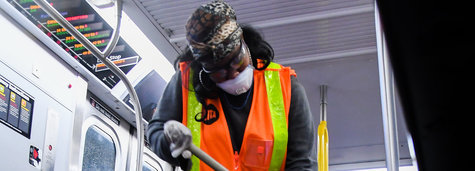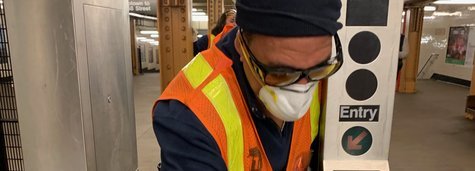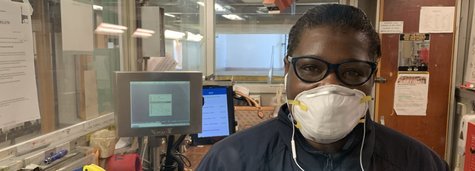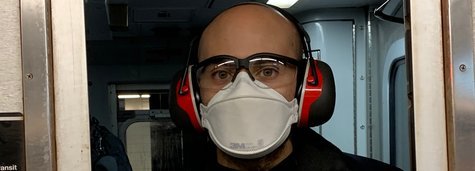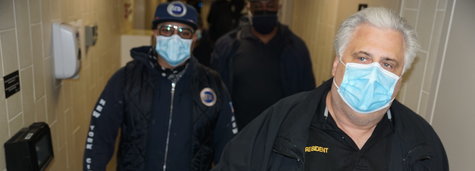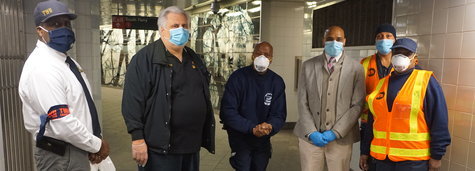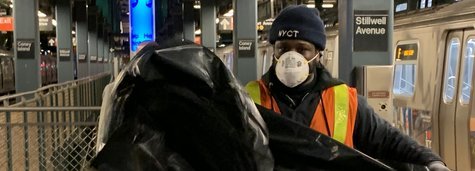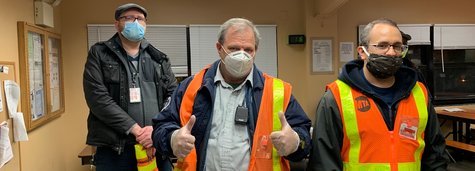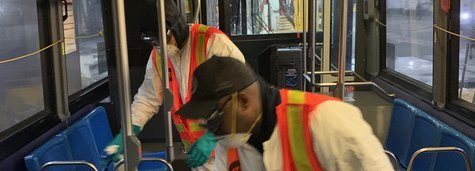Horse Care
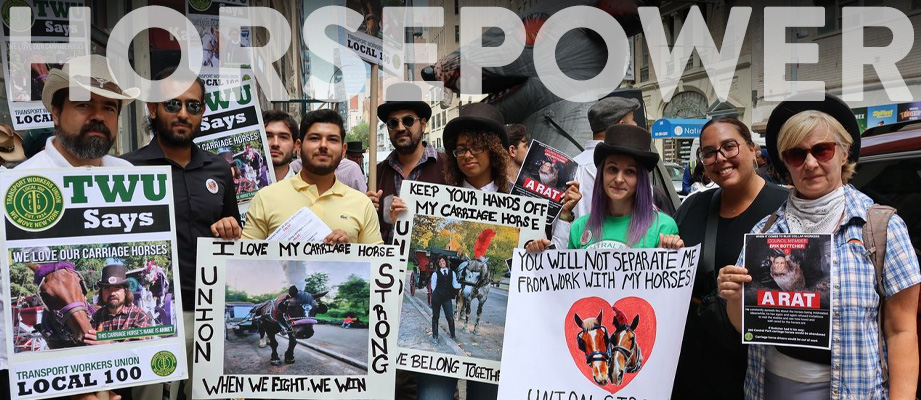
| Intro | | | Giving Back | | | Horse Care | | | What Vets Say | | | Union Support |
How the Horses Are Cared ForNew York City has a strong and effective regulatory apparatus that ensures the Central Park carriage horses are healthy and content. Five NYC governmental agencies provide oversight and enforcement of the city’s horse-carriage regulations, which are the most expansive of their kind in the entire country. The city licenses the carriage drivers, inspects the vehicles and stables, reviews equine medical records, and dispatches veterinarians to investigate any reported incidents or concerns. The horses have the same veterinarian as the New York City Police Department’s vaunted Mounted Police Unit – and owners and drivers dedicated to their wellbeing. Outside horse veterinarians who have visited the stables, reviewed operations, and checked on the horses have all concluded they are receiving the food, shelter, medical care, and appropriate physical activity that horses need to thrive. Here are some NYC Carriage Horse Facts
|
For more information on our campaign to support this industry contact Frank McCann: fmccann@twulocal100.org or call him at 917-488-8314. |

